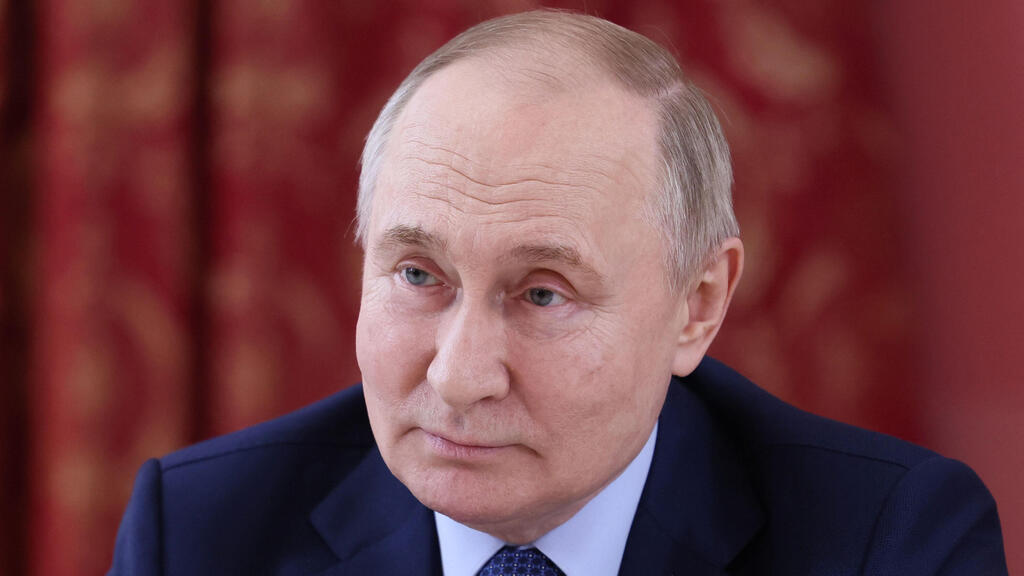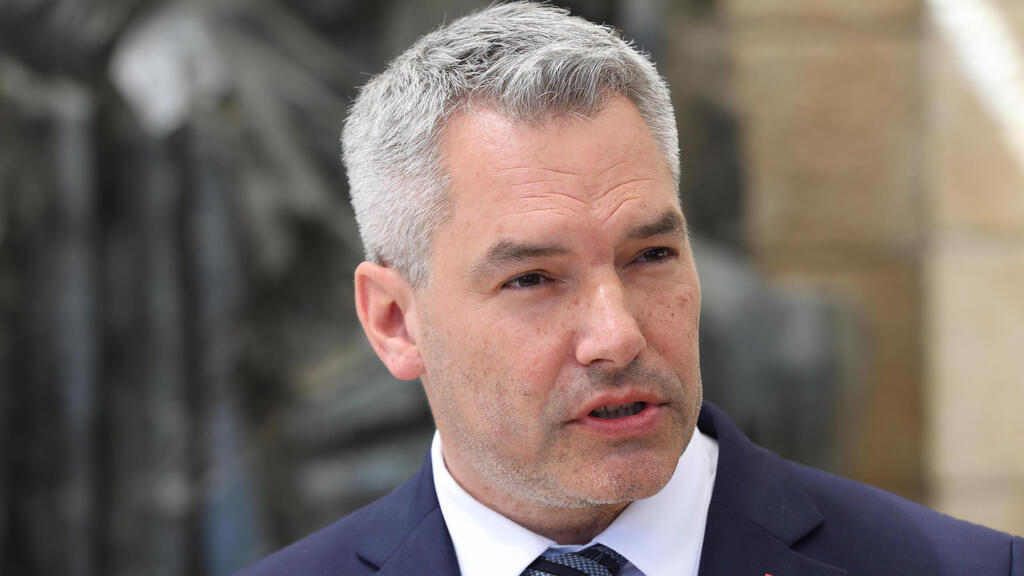Austria is currently facing one of the biggest espionage scandals uncovered in recent decades – in a case that involves the arrest of a senior intelligence officer, the former military spy chief's escape to Dubai and the discovery of documents revealing the extent to which Russian intelligence bodies have succeeded in infiltrating security and political establishments in the country, and Europe at large.
An investigative report by the Associated Press (AP) news agency and leading media outlets in Europe recently uncovered many details about the actions of senior Austrian intelligence officer Egisto Ott, who was arrested on March 29 on suspicion of espionage on behalf of Russia.
According to Ott's 86-page arrest warrant, he served as a liaison officer to a senior Russian intelligence operative and provided Russians with confidential documents and personal information taken from the mobile devices of Austrian citizens.
It's also alleged that he assisted Russian agents in breaking into the apartment of a foreign journalist in Vienna after he attempted to expose Russian espionage operations. Following the break-in, the journalist fled the country.
At the center of the scandal stands Jan Marsalek, an Austrian national who became an international fugitive after being suspected of orchestrating a massive fraud operation and the 2020 collapse of German credit giant Wirecard.
The company, which was one of the largest and most important firms in the German and global financial technology sector, collapsed due to a massive fraud operation to the tune of billions of dollars, and Marsalek, who co-founded it and served as the company's COO, has been on the run since, reportedly finding refuge in Russia.
According to the allegations, Marsalek himself was a Russian intelligence officer working undercover and operated a large spy network across Europe in general and in Austria in particular. Austrian and German media estimate that he served the Russian intelligence for a decade.
Thomas Riegler, an Austrian espionage expert, told the AP agency, "The case is special given its international dimension and the fact that it is not only about espionage but also about the infiltration of the Austrian political system and the weakening of the country’s internal security."
Ott was on the Austrian authorities' radar for years and was arrested several times on suspicion of espionage. However, lacking evidence, he was released and returned to work in the security and police services in the country. This continued until his arrest two weeks ago.
According to the allegations against him, Ott was working closely with Martin Weiss, the former chief of Austrian intelligence operations. The case alleges the two had direct contact with Jan Marsalek and ensured state secrets would be delivered to operatives in Moscow. According to the indictment against Ott revealed by AP, the Russians helped Ott escape to Dubai after his cover was exposed.
The charges also claim the espionage operation took place between 2017 and 2021, following the collapse of Wirecard Marsalek's escape to Russia. The indictment describes a case where Ott managed to get his hands on the mobile devices of three Austrian Interior Ministry senior officials after they fell into the Danube River during a trip.
The phones were transferred to a laboratory in Vienna by Ott, who then delivered them to Russian experts who succeeded in extracting personal and classified information from the devices.
Ott is also accused of successfully smuggling a stolen computer containing highly classified information about the operations of the Austrian government and other European governments to Russia. According to the charges, the computer reached IT experts from the Russian Federal Security Service (FSB) at the agency's headquarters in Russia.
Furthermore, Austrian investigators found Ott's analysis of the findings on his mobile phone, which he passed on to the Russians, along with his suggestions for improving the capabilities of Russian agents arriving in Europe attempting to disrupt opposing governments in the countries. This came after a Russian assassin was captured in Berlin after assassinating a Chechen oppositionist in the heart of the city.
The espionage case has become a central topic in Austrian politics, with parties from across the political spectrum blaming each other for the failure. Many fingers are directed at the Freedom Party of Austria, which has long been suspected of being too close to the Kremlin and of propagating pro-Russian ideas.
Austrian Chancellor Karl Nehammer announced he will convene the National Security Council on Tuesday to examine ways to boost its security systems and prevent further Russian infiltration.





